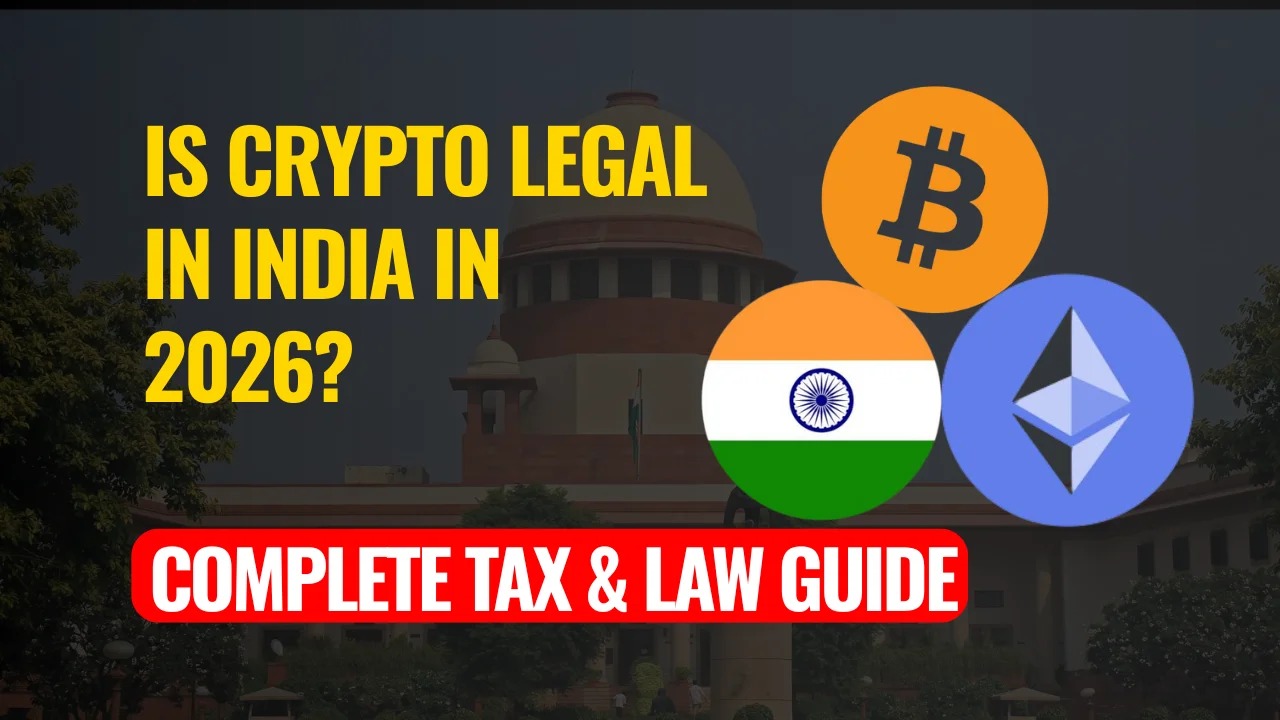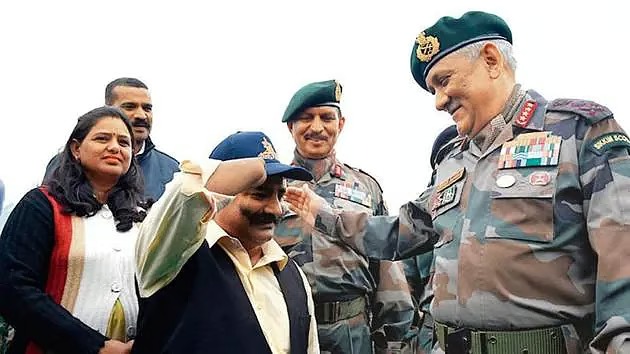Bind Basni Prasad, J.@mdashThis is a Defendant''s appeal arising out of a suit u/s 180 of the U. P Tenancy. Act, 1939 for his eject neat from plot No 22 and the recouery of Rs. 120 as damages.
2. The defence inter alia was that the Plaintiff was not the owner of the plot in dispute. The issue of proprietary title was referred by the learned Assistant Collector to the Civil Court which decided it against the Plaintiff.
3. In apppeal the learned Civil Judge disagreed with the finding arrived at by the Civil Court and held that the Plaintiff was the owner of the plot in dispute. In the result he decreed the suit for ejecmnt(sic) and for the racovery of Rs. 88 as damages.
4. It is the common ground of the parties that one Bharat Sngh was the owner of the plot in dispute. The Plaintiff is an institution known as a Dharamshala and Shiva Mandir under the management of one Dilsukh. The Defendant is one Dhara Singh who alleges to be the reversioner of Bharat Singh. Bharat Singh upon his death was succeeded by bis widow, Musammat Sajani. On the 22nd July. 1940, she executed a registered dead of gift whereby she endowed the disputed plot for the purposes of the Dharamshala and the temple of god Shiva under the mannagement of Dilsuka. It is recited therein that her husband had asked her to endow the plot in dispute for the Dharamshala and the temple of God Shiva and for(sic) musuarce(sic) of it she was making endowment. Both the Courts below are agreed that the instruction alleged to have been given by Bharat Singh to his wife is not proved. Nevertheless, according to the learned Civil Judge the gift was valid inasmuch as it was of a very small fraction of the property left by Bharat Singh and as it was conducive to his spiritual benefit.
5. On behalf of the Defendant Appellant the only point which has been urged before ma is that when in the deed of gift it is recited that the endowment was being made in pursuance of instructions from Bharat Singh and when both the Courts below have held that the instructions are not proved and when in addition it was not alleged in the lead of gift that the endowment was being made for the spiritual benefit of Bharat Singh, it was not open to the learned Civil Judge to uphold the gift on the ground that it was for the spiritual benefit of Bharat Singh.
6. The finding of the two Courts below is that the alleged instruction of Bharat Singh to his wife is not proved. They have not held that it is disproved. As the definitions in Section 3 of the Indian Evidence Act 1872 will show, there is a difference between the expressions "not proved" and "disproved". A fact is said not to be proved when It Is neither proved nor disproved, but a fact is said to be disproved when, after considering the matters before it, the Court either believes that it doss not exist or considers its non-existence so probable that a prudent man ought, under the circumstances of the particular case, to act upon the supposition that it does not exist. Many things pass between a husband and wife which it Is difficult to prove in a Court of law. The fact that the alleged instruction by Bharat Singh to his wife was not proved doas not necesssarily imply that the instruction was really never given.
7. A perusal of the dead of endowment will show that at the time of its execution the thought of her deceased husband was uppermost in the mind of Musammat Sujani, the executant. All who are aware of the Social conditions in the Hindu Society know that unless a widow has gone astray, the thought of her husband is always in her mind. She is ever ready to sacrifice everything for her husband. To hold that she thought of her own spiritual benefit and not that of her husband would be to arrive at a finding contrary to what exists in the social order of the Hindu Society. As observed in Thakur Indraj Bux Singh v. Thakur Sheo Naresh Singh, (1927) 104 I C 676, no authority need be quoted to show that among the Hindus the building of a temple is considered to be a pious act intended to confer spiritual benefits upon the soul. The same can be said also of Dharamshalas. The ruling motive of at Hindu in the making of an endowment for a temple or a Dharamshala is religious one, namely, the acquisition of pious merit or the removal of effects of sits(sic) with a view to happiness to this world and in the next. The following observations in the said case are relevant:
It is also a well-known principle of Hindu Law that the husbard and wife are considered to be part and parcel of one body. According to Brihaspati the husband and wife participate in the effects of good and evil scticn and this mutual relation is net dissolved by the death of either partner. It is, therefore, a well established religious belief amongst the Hindu this country that the erecting of a temple and making an endowment for its unkeep is considered to be an act of high religious merit, and as one, which, if done by a widow, would benefit not only her soul but also the soul of her husband.
8. It is true that in the two deeds of endowment which were before the Court in that case, the widow expressly stated that she erected the Thakurdwara and had made the endowment for its upkeep for the benefit of her soul as well as that of her husband, while in the present case there is not is no such express recitation in the deed of gift. An intention on the part of a donor may be gathered by the express terms of the deed or by necessary implication from the circumstances of the transaction. Now in the present case, as already stated Musammat Sujani averred that she was making the endowment under instructions from her husband. That averment has been held to be not proved Nevertheless there must have been some object or motive which prompted her to make the endowment. It could be nothing more than spiritual benefit and that spiritual benefit was not for her own soul only but the soul of her husband also. It(sic) to believe that she would not think for her husband when making this piouct(sic). Hindu widow, when making even small charities, think of their husband and they want the benefits primarily to go to their husbands.
9. I agree with the conclusion arrived at by the learned Civil Judge and dismiss appeal with costs.
10. Leave for Letters Patent appeal was asked for but was refused.

